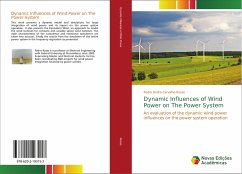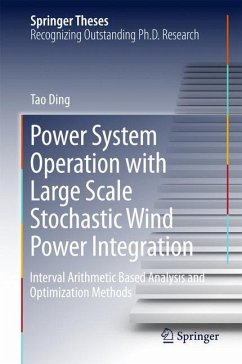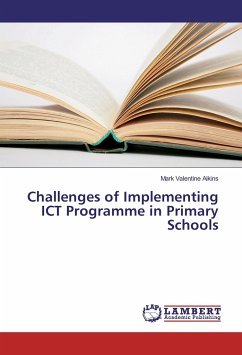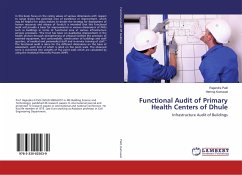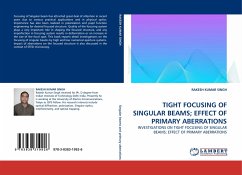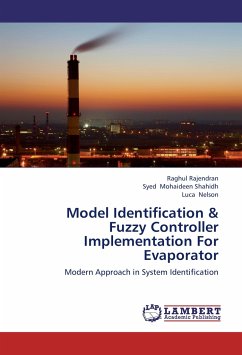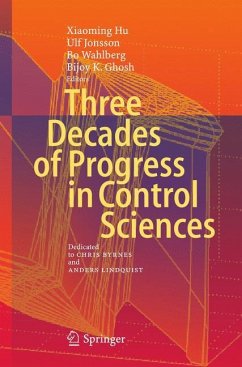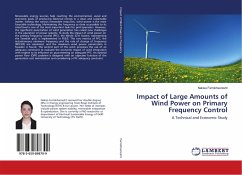
Impact of Large Amounts of Wind Power on Primary Frequency Control
A Technical and Economic Study
Versandkostenfrei!
Versandfertig in 6-10 Tagen
33,99 €
inkl. MwSt.

PAYBACK Punkte
17 °P sammeln!
Renewable energy sources help reaching the environmental, social and economic goals of producing electrical energy in a clean and sustainable matter. Among the various renewable resources, wind power is the most favorable technology. Maintaining the frequency as close as possible to its rated level is one of the most important tasks for grid operators. However, the significant penetration of wind generation has raised new challenges in the operation of power systems. To study the impact of wind power on the primary frequency control (PFC), the Nordic 32-A System, representing the Swedish grid,...
Renewable energy sources help reaching the environmental, social and economic goals of producing electrical energy in a clean and sustainable matter. Among the various renewable resources, wind power is the most favorable technology. Maintaining the frequency as close as possible to its rated level is one of the most important tasks for grid operators. However, the significant penetration of wind generation has raised new challenges in the operation of power systems. To study the impact of wind power on the primary frequency control (PFC), the Nordic 32-A System, representing the Swedish grid, is implemented in PSS/E. The two metrics of PFC; the instantaneous minimum frequency and the rate of change of frequency (ROCOF) are simulated, and the maximum wind power penetration in Sweden is found. The second part of the work proposes the use of an adequacy constraint to evaluate the economic impact of wind integration with respect to its influence on guaranteeing an adequate PFC. An optimal power flow (OPF) problem is designed with an objective function of the generation cost minimization and considering a PFC adequacy constraint.



